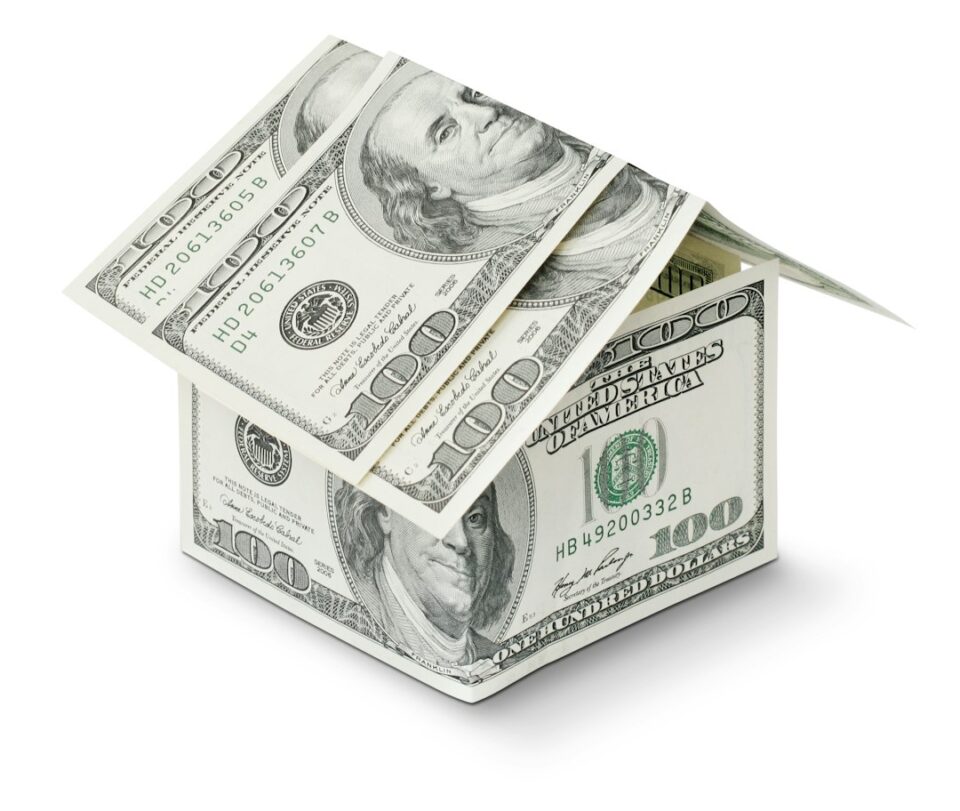Renting vs. buying a home is a decision that many people face at some point in their lives. Both options have their own set of pros and cons, and it can be helpful to weigh these factors before making a decision.
First, let’s look at the pros of renting a home. One of the biggest advantages of renting is the flexibility it offers. When you rent, you are not tied down to a long-term commitment, which allows you to easily move if needed. This can be especially beneficial for those who may need to relocate frequently for work or other reasons. Renting also typically requires a lower upfront cost, as you do not have to worry about a down payment or closing costs. This can make it easier for those who may not have the funds saved up to buy a home.
Additionally, when you rent a home, you are not responsible for maintenance or repairs. If something breaks or needs fixing, you can simply call your landlord or property management company to take care of it. This can save you time, money, and hassle compared to owning a home, where these responsibilities fall on the homeowner.
On the other hand, there are also drawbacks to renting a home. One of the biggest disadvantages is that you are essentially throwing money away each month on rent, rather than building equity in a property. This means that you do not have the potential for long-term wealth building that comes with homeownership. Additionally, rent prices can fluctuate and are subject to increase, which can make it difficult to budget and plan for the future.
Now, let’s explore the pros of buying a home. One of the biggest advantages of homeownership is the potential for long-term financial stability and wealth building. When you buy a home, you are building equity with each mortgage payment, which can help increase your net worth over time. Additionally, owning a home can provide potential tax benefits, such as mortgage interest deductions.
Another advantage of buying a home is the sense of permanence and stability that comes with homeownership. When you own a home, you have the freedom to make changes and renovations to the property as you see fit, without having to get permission from a landlord. This can help make a house feel more like a home, and can provide a sense of pride and ownership.
However, there are also drawbacks to buying a home. One of the biggest disadvantages is the upfront cost of buying a home, which includes a down payment, closing costs, and other fees. This can be a significant financial burden for many people, particularly first-time homebuyers. Additionally, owning a home comes with the responsibility of maintenance and repairs, which can be costly and time-consuming.
Another potential drawback of buying a home is the lack of flexibility it offers. When you own a home, you are tied down to a long-term commitment, which can make it difficult to move if needed. This can be especially challenging for those who may need to relocate frequently for work or other reasons.
In conclusion, the decision to rent vs. buy a home ultimately comes down to personal preference and individual circumstances. Renting offers flexibility and lower upfront costs, but lacks the potential for long-term wealth building that comes with homeownership. Buying a home provides stability and the potential for financial growth, but comes with higher upfront costs and responsibilities. It is important to carefully weigh the pros and cons of each option before making a decision that best suits your needs and goals.


